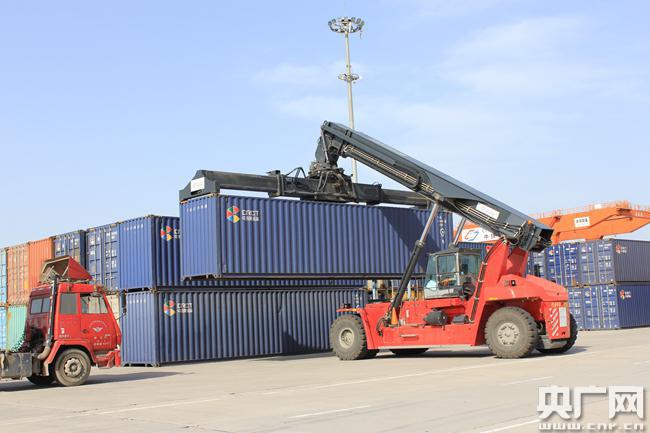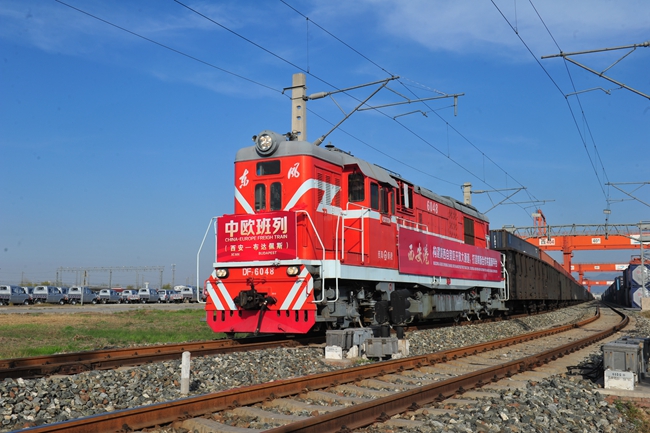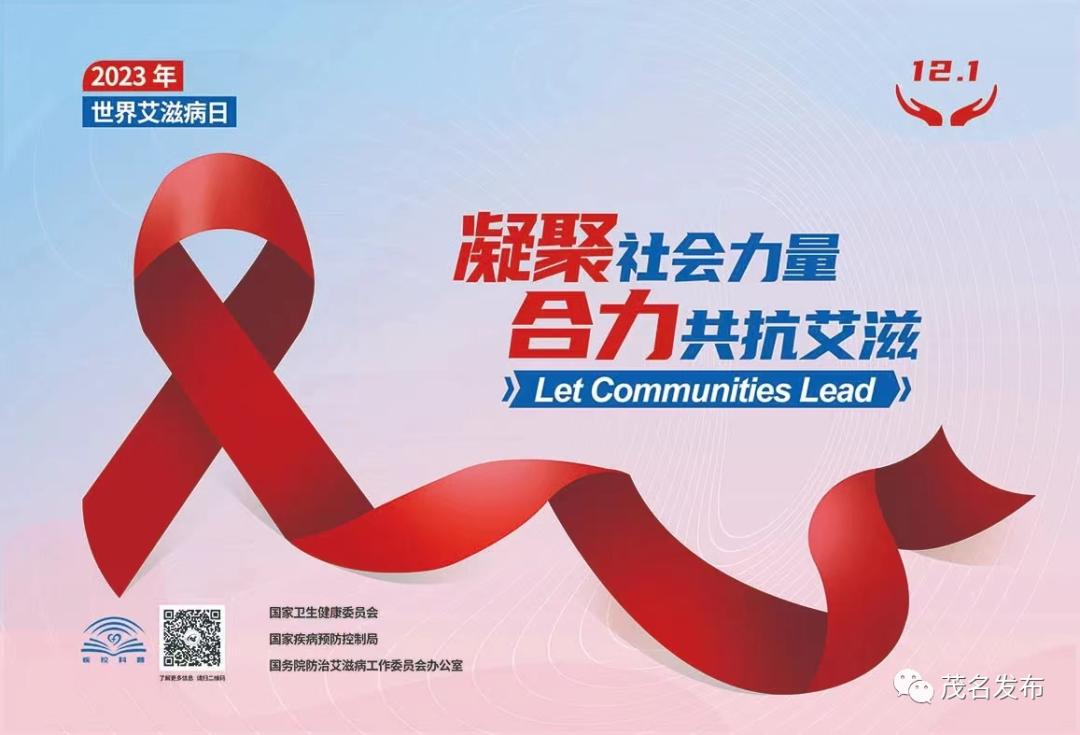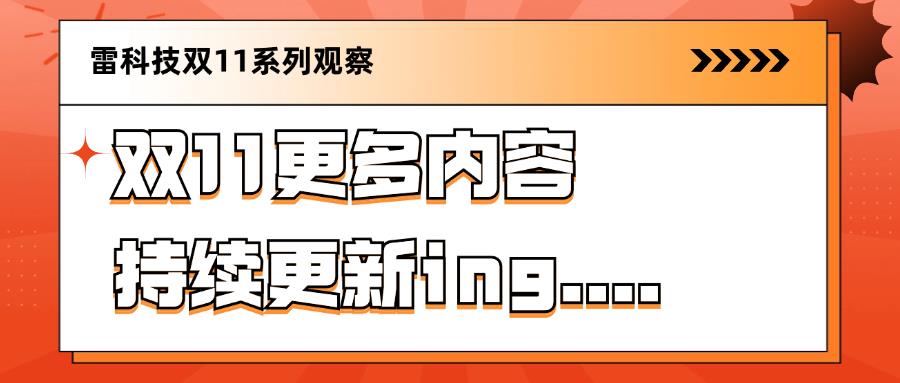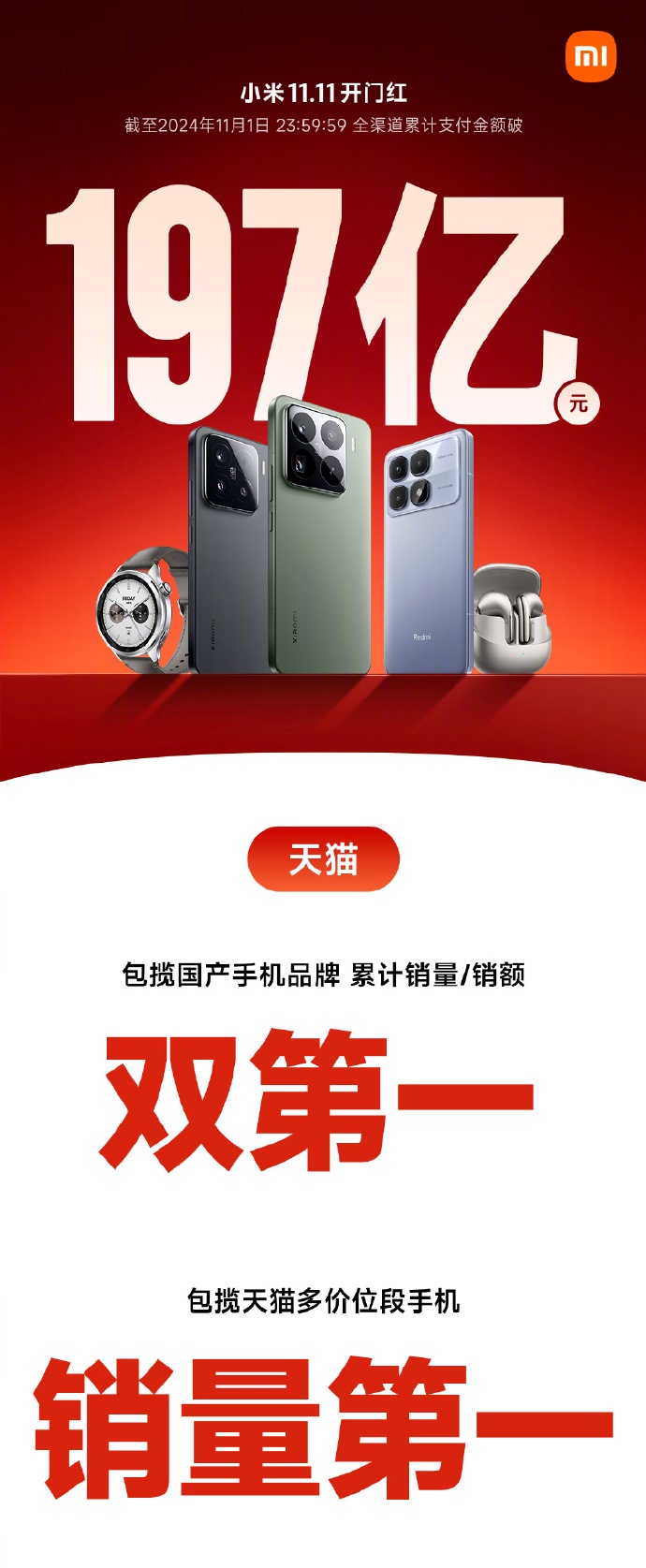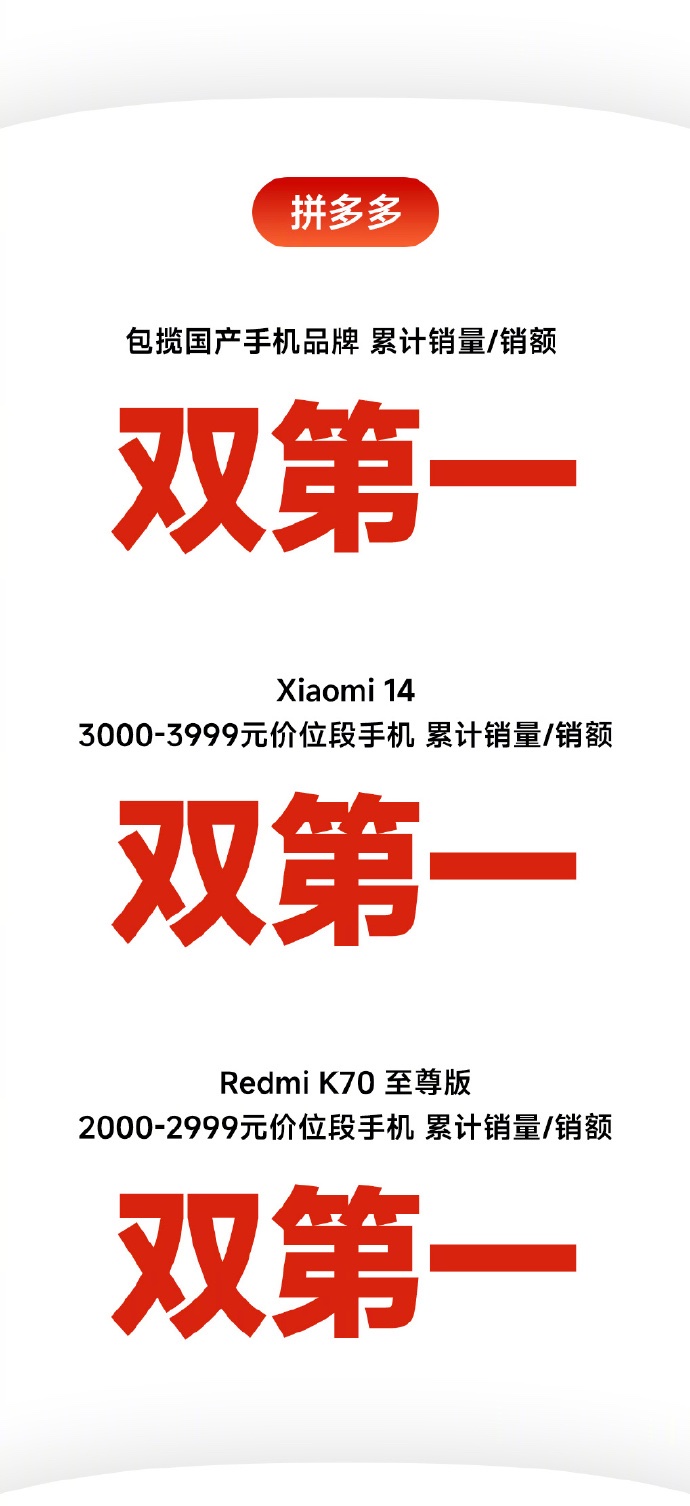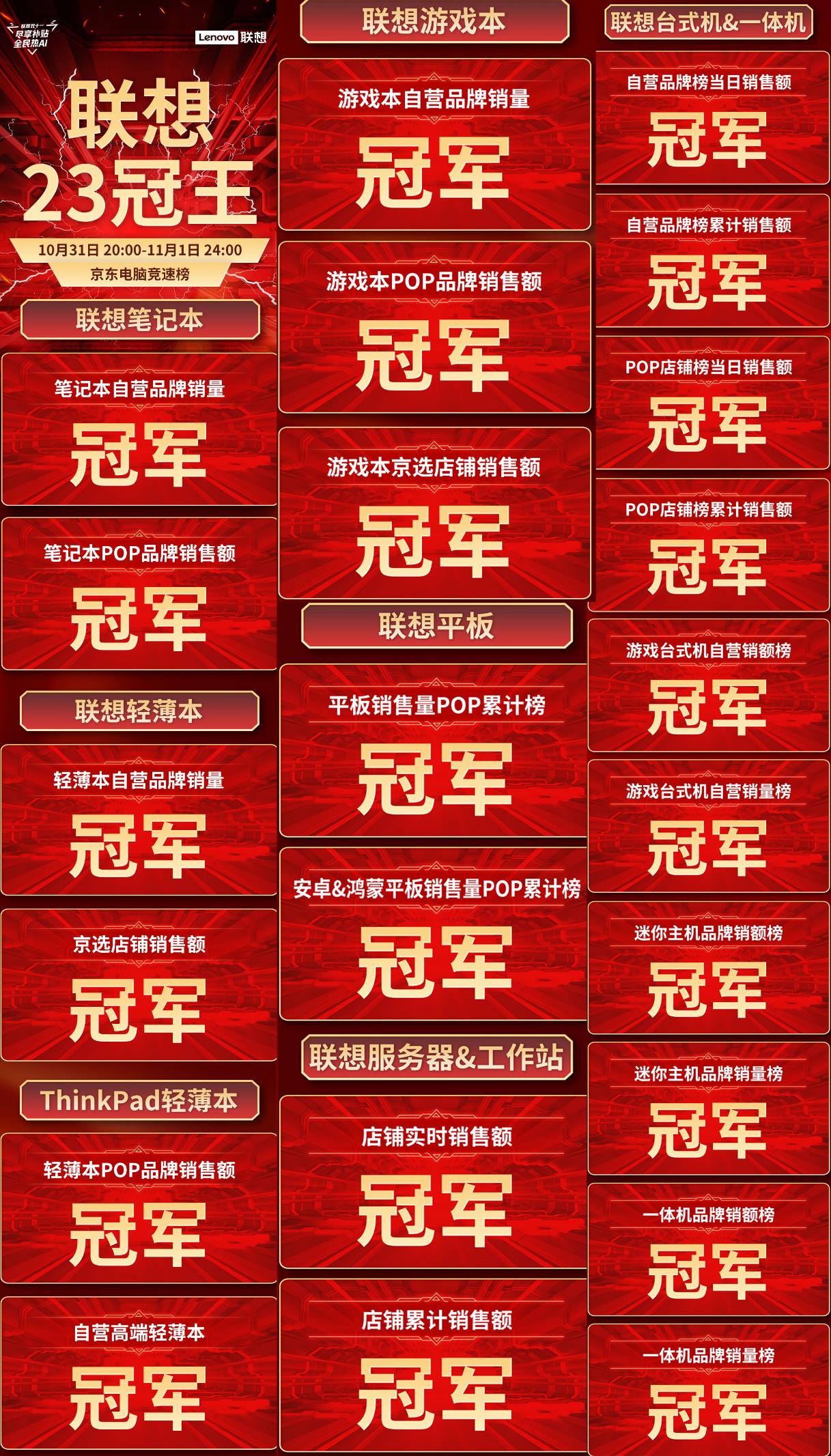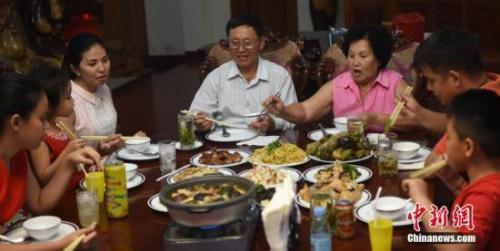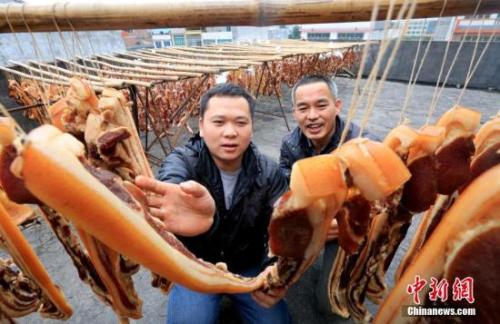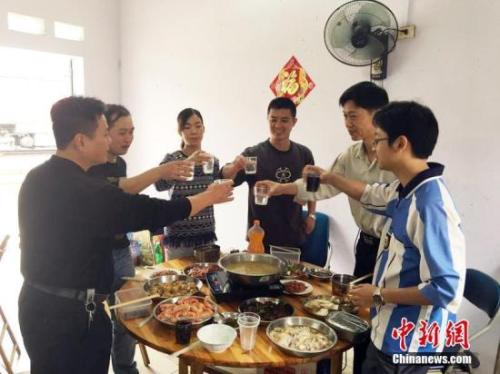Plague in the eyes of science fiction writers | Interview with Wang Jinkang
Text/Shanghai Pudong New Area Science Fiction Association
When it comes to domestic novels related to plague, the first thing that comes to my mind is Wang Jinkang, his Cross.
Then, considering the friends outside the science fiction circle, I think we should introduce these science fiction writers, including themselves (gossip), their works, achievements and comments, and then their views on the plague. (Friends who are familiar with the science fiction circle can directly fast-forward to the back, and don’t spray if you don’t like it.)
Wang Jinkang
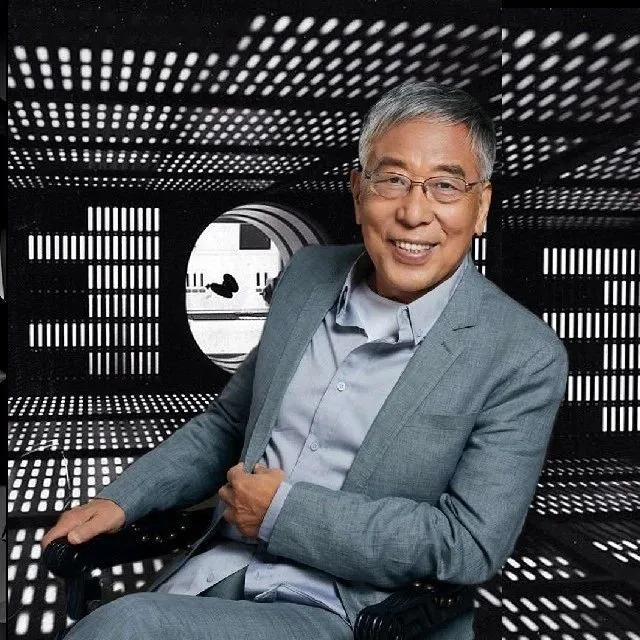
Famous question and answer
1. What do science fiction writers think of the plague?
A: Diseases, including infectious diseases, are unavoidable sufferings of human beings. No matter how advanced medicine is, human beings have to accompany it forever. We can only minimize the sacrifice on this premise. For example, the virus that exists in the wild animal population, we can completely ban game, but as long as the virus exists, it will infect people sooner or later. As the footprint of human beings becomes wider and wider, this prospect is inevitable. What we can do is to be prepared and respond as soon as possible in the event of an epidemic.
2. Apart from the negative impact of the plague on human society, what other promoting effects are there?
Answer: It can’t be said that it can’t be avoided, so human beings can only choose to face it, which correspondingly promotes the progress of medicine. Just like the war in human society, although disgusting, it is inevitable, at least in the foreseeable historical stage, so all countries have to develop killing weapons against their will-in this helpless process, it also promotes the development of science and technology.
3. What kind of plague will be in the future, and how will human beings fight at that time? Have you ever imagined this?
A: Pathogens, especially viruses, have very simple structures and are easy to mutate, especially in modern society where people, livestock and wild animals have more and more frequent contacts. Therefore, the emergence of new pathogens including new viruses is inevitable. Among them, viruses and fungi that are more difficult to deal with (because they have no specific drugs except targeted vaccines and rely more on the patient’s own immunity) are easier to deal with in the long run. On the contrary, those germs that can be effectively killed with antibiotics will quickly evolve into drug-resistant strains, which is more difficult to deal with.
4. What is the most worrying plague in the eyes of science fiction writers?
A: This goes back to the juvenile meditation I mentioned at the beginning: Although there were vicious diseases such as smallpox and the Black Death in human history and the medicine at that time was very underdeveloped, why didn’t human beings become extinct? This is because human beings have evolved a powerful immune system, which is equal in strength in the struggle against diseases, and each has its own outcome. That is to say, it is unlikely that a pathogen can suddenly appear in nature, except for man-made pathogens, because it is beyond this balanced system and beyond the ability of human immune system.
5. What was the background of the medical science fiction novel Cross?
A: I’m interested in medical subjects, and I’ve written many science fiction novels on medical subjects. In fact, these works originated from a childhood fantasy of mine: as we all know, generally speaking, vicious pathogens are not contagious and easily contagious pathogens are relatively mild, but if a vicious and highly contagious pathogen suddenly evolves in nature, will it cause human extinction? It was this childhood meditation that triggered my concern about pathogens.
Brief introduction of the writer
Wang Jinkang, male, born in Nanyang, Henan Province in 1948, is a senior engineer, a member of the Chinese Writers Association, a member of the Chinese Popular Science Writers Association and a member of the Science and Literature Committee, and a member of the Henan Writers Association. Up to now, nearly 100 science fiction novels have been published, including more than 10 novels, accounting for more than 5 million words. He has won the Yinhe Award and the Global Chinese Science Fiction Xingyun Award for Lifetime Achievement issued by the 97 International Science Fiction Conference, and has won the Global Chinese Science Fiction Xingyun Award and Yinhe Award for many times.
His works include Humanoid, Ant Born, Stay with Me, Escape from Mother Universe, Heavenly Father and Mother Earth, Selected Science Fictions of Wang Jinkang (four volumes) and so on. His works are gloomy and desolate, dignified and atmospheric, full of strong humanistic care, which not only integrates rich science fiction knowledge, but also contains philosophical views on the universe and life, and is deeply loved by readers. Its language is elegant and fluent, its structure is exquisite, its conception is ingenious, and it is good at setting suspense. The works are highly readable and are the perfect combination of serious literature and popular literature.
Well, the following is gossip.
Besides the above contents about science fiction, he is also party member of China Democratic League, a senior engineer and academic leader. Teacher Wang Jinkang graduated from high school in 1966. In 1968, he spent three years as an educated youth in Wulong Commune in Xinye, Henan Province (when I heard Xinye, I turned to Liu Guanzhang in the Three Kingdoms). In 1971, he worked as a woodcutter in an iron mine, and in 1974, he was transferred to a diesel engine factory (a typical character in Ordinary World, I really want to see the photos of Mr. Wang when he was young, and he should be a tall, handsome and gentle handsome guy). In 1978, Wang Jinkang was admitted to the Department of Power II of Xi ‘an Jiaotong University (in the winter of 1977, 5.7 million candidates from China entered the college entrance examination room that had been closed for more than ten years. In that year, the national colleges and universities admitted 273,000 freshmen; In 1978, 6.1 million people applied for the exam and 420,000 people were admitted. ), after graduating in 1982, he joined the Second Petroleum Machinery Group, and served as the deputy director and senior engineer of the research institute of the group. As an academic leader, he presided over national major projects and led scientific researchers to successfully develop desert workover rig chassis and large workover rig self-propelled chassis, and won ministerial-level scientific and technological progress award.
Mr. Wang entered the science fiction circle by accident (who didn’t). In 1993, at the age of 45, he wrote his first novel "Adam’s Return" because his 10-year-old son wanted to hear stories, which was published in the fifth issue of Science Fiction World in 1993, and won the first prize of the national science fiction essay that year.
Many of Wang Jinkang’s works are based on the latest scientific discoveries, especially biology. He divided the creatures in nature in the vast universe into several levels: microorganisms, plants and animals. Humans are the role of "God" to bees and ants; Higher wisdom is another kind of "God" for human beings. He believes that no matter microorganisms, animals and plants, even ants and bees that we seldom pay attention to, they have formed a stable population on this blue planet. In these populations, the individual’s behavior is insignificant, but the intelligence of the group is amazing. Nature keeps these populations alive and well, and the survival of the fittest is the basic mechanism to continue the evolution of genes and organisms. From this point of view, human diseases are actually testing and exercising the race. If excessive epidemic prevention measures are taken, in the long run, human genes may be degraded, which is not conducive to the continuation of the population. Existence is reasonable, and mutual restraint conforms to the dialectics of biological cruelty. Human beings should maintain the balance of nature and live in harmony with nature, instead of trying to transform nature with brute force.
Ok, then this is the Cross.
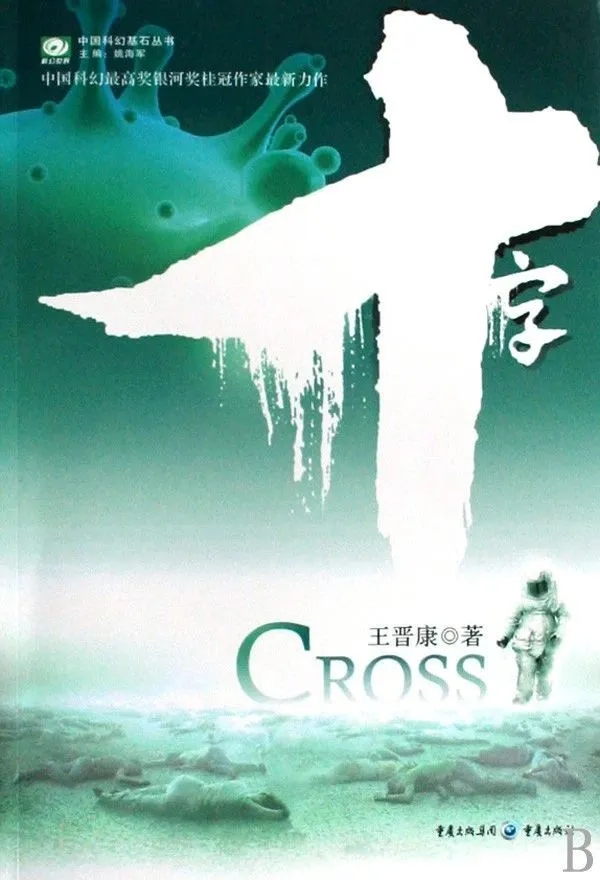
Introduction of works
Cross was published in January 2009, produced by Science Fiction World Publishing House and published by Chongqing Publishing House. In May 2015, Jiangsu Phoenix Literature and Art Publishing House republished this book under the name of "Level 4 Panic", which was well received.
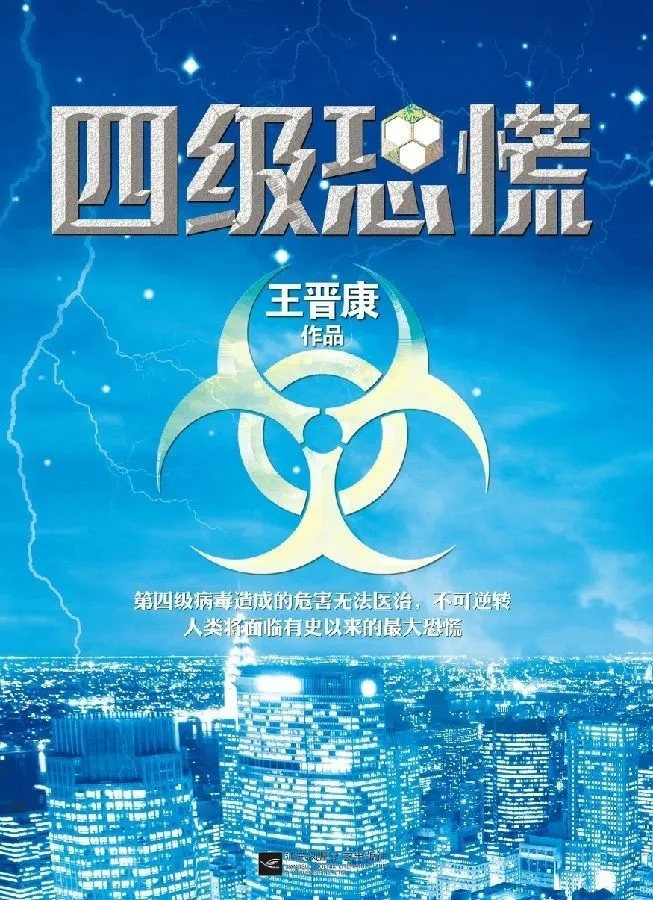
"God only cares about the group but not the individual. This is where God loves." “
Terrorists belonging to the Cross stole smallpox virus that had been conquered by human beings and kept in P4 laboratory, and made biological weapons intended to exterminate human beings through gene cultivation.
Ten years later, terrorists disguised as Indians spread viruses in the United States, and even hijacked 76 children. By means of negotiation, they actually infected those children with smallpox virus, treated the children as "poisonous people" and released the plague, and launched a bioterrorism attack against the United States. The attack caused more than 100,000 people to be infected, including more than 30,000 confirmed cases.
More than ten years later, an advertising company personnel drove three airships to distribute paper flowers leaflets over Tokyo, and the super virus spread all over the city with paper flowers, infecting at least one million people. The whole of Tokyo is in a state of extreme panic.
Mei Yin, a Chinese scientist, had almost gone astray and was caught in the trap of the Cross, but finally the good fighting in human nature prevailed over the cult brainwashing. She developed a method to put the inactivated vaccine directly into the air through aerosol, which saved the level 4 virus panic in Tokyo.
The community of human destiny, in the face of the common enemy virus of mankind, seems to have a profound meaning. This is the future of all mankind.
Recommended words:
The combination of humanitarianism and scientific thought has profound social and practical significance, subverting the existing values and morality in imagination, emotion, horror and suspense, and is full of ultimate concern for the future of mankind, which makes people feel excited and excited.
-famous science fiction writer Han Song
This book is the pinnacle of philosophical science fiction. The rigorous and informative technical core and the tortuous and shocking story complement each other, showing the charm of science fiction. Close this book, you already have a pair of philosophers’ deep eyes, and rediscover the long-lost awe of nature. As a whole, mankind is the real hero in the book. When the net of punishment with the shadow of death is slowly descending, the arrogant child is still completely ignorant. The sword hidden in the cross is shining with cold light. If you don’t want to wake up too late, read this book.
-the famous science fiction writer Liu Cixin.
There are both concerns about social reality and thoughts about the future of science and technology. The plot is tortuous, and there is no lack of original ideas, which is another masterpiece after Wang Jinkang’s Ant Life.
-Yao Haijun, editor-in-chief of Science Fiction World
Finally, thank you, Teacher Wang Jinkang ~
